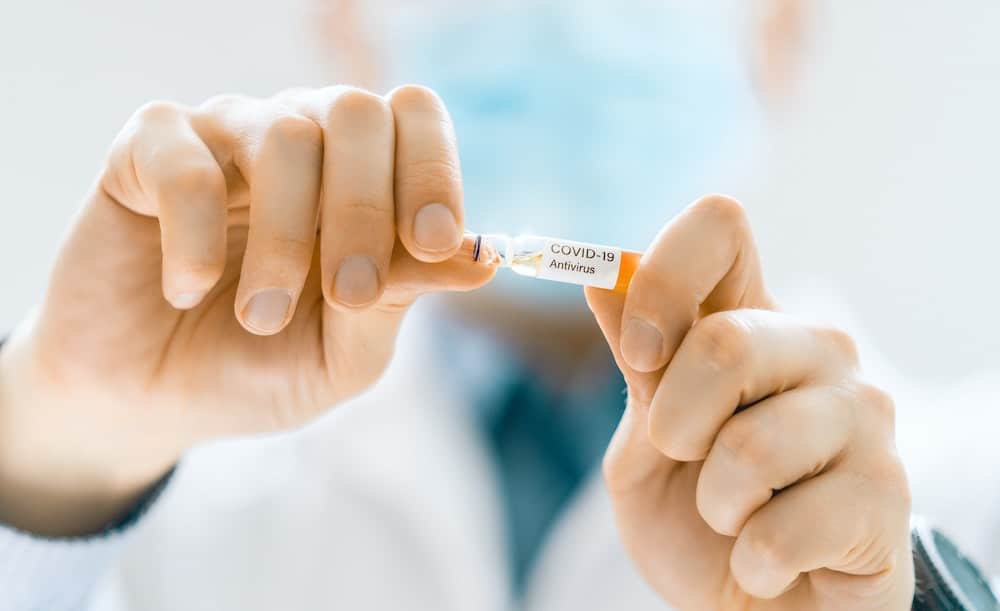What’s the Best Approach to Reduce Feather Plucking in Parrots?

Feather plucking is a common behavior observed in pet parrots. It often indicates distress and could lead to serious health issues if not addressed in a timely fashion. Understanding the underlying causes, learning how to modify the bird’s environment, and implementing a proper diet can significantly reduce this behavior. But what exactly causes feather plicking, and how can we, as responsible pet owners, effectively address this problem? Let’s delve into the various aspects of avian care to understand better how to reduce feather plucking in parrots.
Understanding the Causes
Before we can address the issue of feather plucking, we need to understand the various causes of this behavior. It’s important to note that feather plucking can be a sign of several different issues, from medical problems to psychological stress.
A découvrir également : How to Train a Dog to Safely Play with Children at the Park?
Feather plucking is often a sign of stress in parrots. Birds are sensitive animals, and changes in their environment can cause them to feel threatened or anxious. Many factors might contribute to this, such as a sudden change in their living environment, the introduction of new pets or family members to the household, or a lack of mental stimulation. In some cases, birds might start plucking their feathers out of sheer boredom or frustration.
Apart from environmental stress, feather plucking could also indicate a medical issue. Birds might pick at their feathers or skin due to skin infections, parasites, or even nutritional deficiencies. If your parrot is on a seed-based diet, they might lack essential nutrients like calcium and vitamins, which can lead to feather plucking.
Cela peut vous intéresser : What Are the Best Water Filtration Systems for Sensitive Fish Species in a Home Aquarium?
Modifying the Parrot’s Environment
Once the underlying cause of the feather plucking has been identified and addressed, the next step is to modify the bird’s environment to reduce their stress. This can be done in several ways, and it’s important to take into account the specific needs and preferences of your pet bird.
Parrots are social animals and thrive on interaction. Therefore, ensuring your bird gets plenty of socialization time each day can help alleviate stress that might lead to feather plucking. This can be as simple as talking to your bird throughout the day, letting them out of their cage for supervised playtime, or even teaching them new tricks.
The parrot’s environment should also provide mental stimulation. This can be achieved through toys, puzzles, and other interactive elements in their cage. Keeping the bird’s environment clean and comfortable is also crucial.
Implementing a Proper Diet
Diet plays a critical role in a bird’s overall health and wellbeing. Parrots need a balanced diet rich in nutrients to maintain healthy feathers and skin.
A diet consisting of seeds alone is not sufficient for parrots. They require a variety of foods, including fruits, vegetables, grains, and legumes. It’s also recommended to include a high-quality avian pellet in their diet, which provides a balance of essential nutrients.
If a deficiency is suspected to be the cause of feather plucking, supplementing the bird’s diet with the necessary vitamins and minerals, like calcium, can help. However, it’s essential to consult with an avian veterinarian before starting any dietary supplement regimen to ensure it’s safe and appropriate for your parrot.
Seeking Professional Help
In some cases, despite our best efforts, feather plicking may continue. It’s crucial to consult an avian veterinarian if your parrot’s feather plucking persists or worsens. The vet can perform a thorough examination to rule out any underlying medical conditions and provide appropriate treatment options.
In severe cases, behavioral therapy may be necessary. This is typically guided by a professional who is experienced in avian behavior. They can provide personalized strategies to reduce feather plucking based on your parrot’s specific needs and situation.
Final Thoughts on Feather Plucking in Parrots
Feather plucking in parrots is a complex issue that requires careful attention and intervention. By understanding the potential causes, modifying the bird’s environment, implementing a proper diet, and seeking professional help when necessary, we can help our beloved parrots lead healthier, happier lives. Remember, patience and persistence are key in managing feather plucking. Changes may not be immediate, but with consistent effort and care, it’s possible to reduce this behavior significantly.
Considering the Breed Specific Needs
Each breed of parrot has its specific needs and behaviors, which may contribute to feather plucking. For instance, African Greys are known for their high intelligence. If they don’t receive enough mental stimulation, they might resort to feather picking.
On the other hand, wild caught parrots may find it challenging to adjust to the confined environment of a home. The drastic change in lifestyle can trigger stress, leading to feather destructive behavior.
Therefore, understanding the specific needs of your pet bird’s breed can help in addressing the feather plucking issue. Read about the breed, consult with an avian veterinarian, or even connect with other pet bird owners to gather information.
In terms of diet, some breeds might need specific nutrients for healthy feather growth. For example, African Greys need enough calcium in their diet to maintain their feather health.
Remember, a happy parrot is a healthy parrot. The more you cater to their specific needs, the less likely they are to resort to destructive behavior like feather plucking.
The Importance of Regular Check-ups
Regular check-ups with an avian veterinarian are crucial in maintaining the health of captive birds and preventing feather plucking. A vet can assess your parrot’s overall health, administer necessary vaccines, and identify any signs of stress or discomfort that could lead to feather plucking.
During these visits, the vet can also offer advice on how to enhance your bird’s environment and diet to prevent feather damaging behavior. They might recommend specific toys, dietary changes, or even training techniques that can help reduce stress and provide necessary stimulation.
If your bird has a history of feather plucking, regular check-ups can help monitor the situation and prevent any recurrence. Vets can also provide treatment options to promote feather growth and heal any skin lesions caused by feather plucking.
Just like humans, birds also benefit from preventive healthcare. Regular vet visits can help catch potential issues early and keep your exotic pet in the best possible health.
In Conclusion: Feather Plucking in Parrots
Feather plucking in parrots, while distressing, is a manageable issue. Understanding the underlying causes, whether they arise from the environment, diet, breed-specific needs, or underlying health conditions, is the first step in addressing this behavior.
Modifying the bird’s environment according to their specific breed requirements, implementing a proper diet, and conducting regular check-ups with an avian veterinarian are effective strategies to prevent and manage feather plucking.
However, remember that like us, birds also have their personalities and quirks. What works for one might not work for another. It requires patience, understanding, and a lot of love to help our feathered friends overcome this issue.
So, keep learning, keep trying, and remember, every effort you make contributes to the wellbeing of your beloved pet. Your parrot’s health and happiness are worth every effort.
